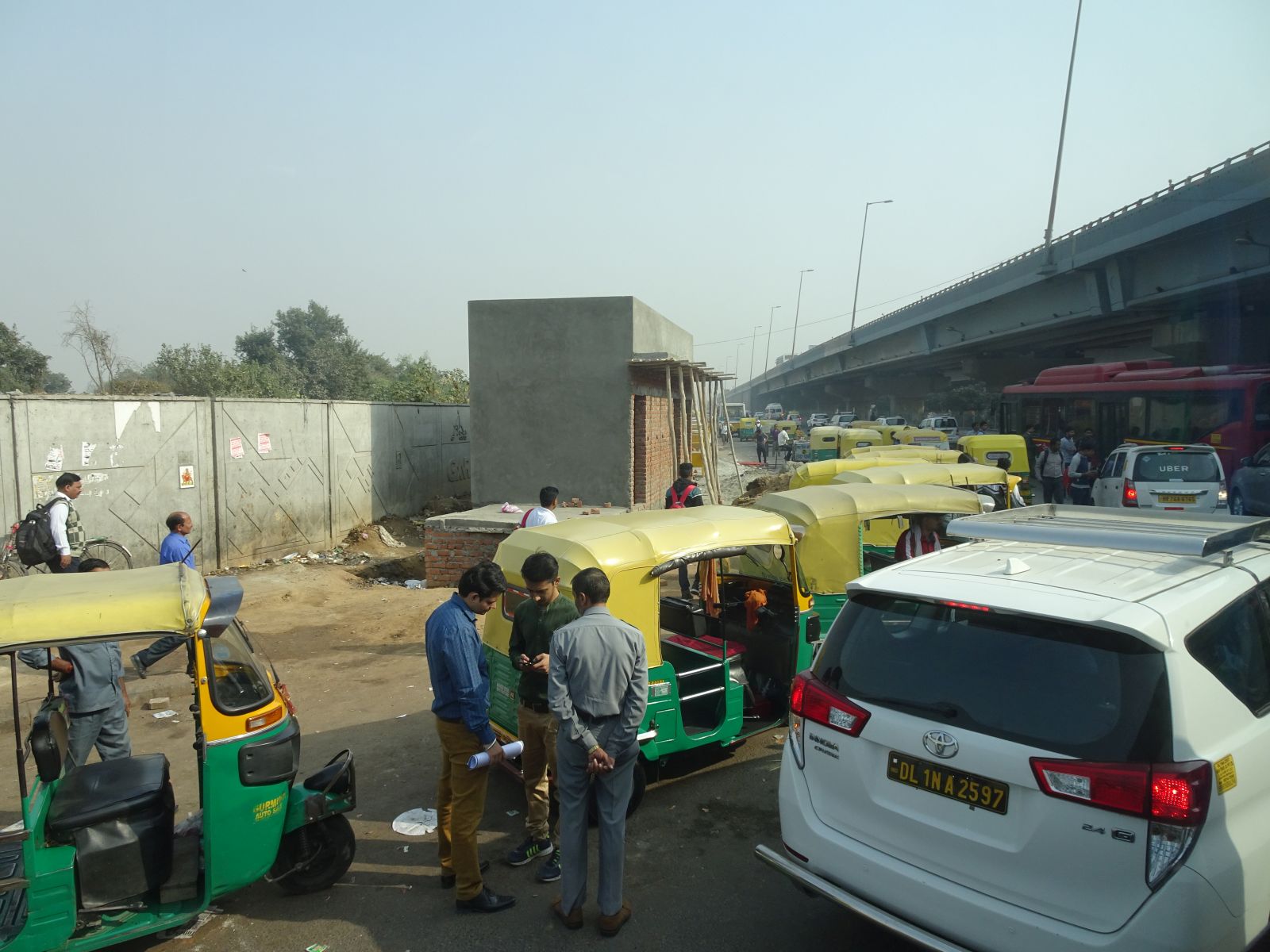Infrastructure
Plenty of rain, but no water

Despite the heavy rains that recently pounded this Southern African nation, 26-year-old Chiwira gets not piped water at home. Local authorities often stop water supply in the capital, claiming they have run out of chemicals to treat the water.
“We know that all dams in both rural and urban areas are full of water after the torrential rains this year,” Chiwira points out. “Nonetheless, our water taps are dry. We now have to hunt for water from all available sources. Imagine queuing at boreholes in the middle of the city.” She concludes: “It is a shame.”
Early this year, Cyclone Dineo pounded Zimbabwe. Then the entire country received excess rains, resulting in flooding of dams and lakes countrywide. This sounded like good news to city dwellers like Chiwira, who had endured years of water rationing, but regrettably, many water taps across Zimbabwe’s towns remained dry.
Backyard water dealers sell 20 litres of water for two dollars. Many desperate residents are turning to unprotected water wells. Michael Gambiza, is a water vendor in Harare. He reports: “When taps are dry, I simply head to Lake Chivero where I fill up my 750-litre tanks with water. I purify it and sell it to desperate residents; it is good business time for me. There is abundant water in lakes, but it rarely runs in the taps.”
Despite city lakes being 100 % full, water services do not continuously work. Officials say that some refurbishment work is being done at a big local purification plant. However, the city had received a $ 144 million loan from the China AfriExim Bank for renewing the water purification plant. Apparently, that was not enough.
According to official, the water-pumping equipment has also been obsolete for many decades. A top water engineer says that pipes often fail to withstand the pressure and burst because the plant was set up in the late 1950s. Water services are interrupted accordingly. The engineers only spoke on condition of anonymity.
Bernard Manyanyeni, Harare’s mayor, points out that lack of money is the underlying reason for poor water services: “Hundreds of thousands of citizens don’t pay their water bills. But we need this money we use to buy water treatment chemicals. We cannot put people’s lives at risk by pumping untreated water.”
Jeffrey Moyo is a journalist and lives in Harare, Zimbabwe.
moyojeffrey@gmail.com











